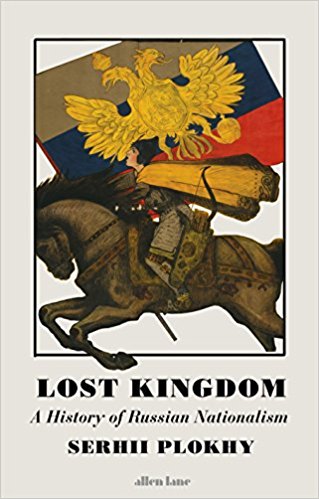To understand Russian nationalism
In the 19th century Russian poet and diplomat Fyodor Ivanovich Tyutchev wrote:
“Russia cannot be understood with the mind alone,
No ordinary yardstick can span her greatness:
She stands alone, unique –
In Russia, one can only believe”.
Tyutchev was strongly involved in the pan-Slavist movement, often criticising the West. After defeating Napoleon and before the Crimea war in the middle of the 19th century, Russia was considered a superpower. Parallels between Russian imperial times and the Kremlin's policy today are clear. Particularly so, if we look at the way Russia is confronting the West and forging its own vision of politics – not only when it comes to its international position but also the role of the Russian nation. The question which constantly returns is thus: how to understand Russia?
January 2, 2018 -
Jan Brodowski
-
Issue 1 2018MagazineStories and ideas


































